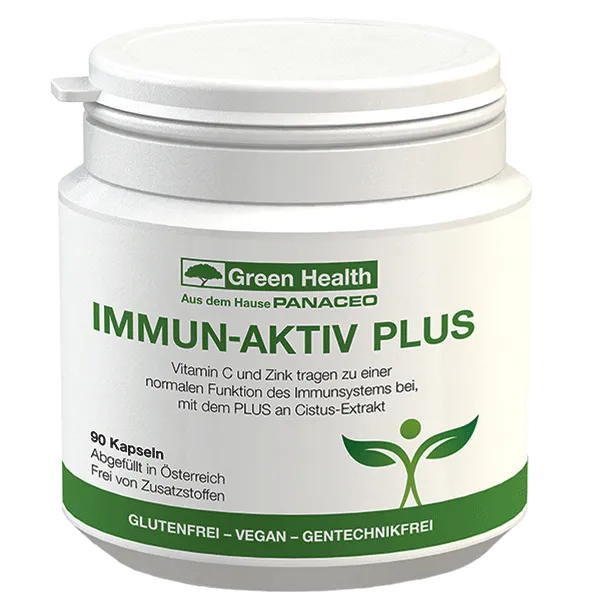What Are Polyphenols?
Health & immune system
Secondary plant compounds are components of our daily diet. They are found in vegetables, fruits, olive oil, legumes, nuts, dark chocolate as well as whole grain products and give plant foods their color. They serve as defenses for plants against predators or microbial attack and also act as growth regulators.
According to current knowledge, secondary plant compounds do not count as essential nutrients for humans (such as vitamins, minerals, protein, fat, starch and sugar), but they do have an influence on a large number of metabolic processes. The term "secondary" therefore does not imply that they are less important. After all, secondary plant compounds such as polyphenols play a crucial role in maintaining plant life. Rather, the term is used so that a distinction from primary plant substances can be made.
To date, about 100,000 different secondary plant compounds are known, with 5,000 to 10,000 occurring in human food. The following four main categories of polyphenols are present:
- Phenolic acids (coffee, tea, whole grain products, wine, nuts).
- Flavonoids (apples, pears, grapes, cherries, plums, soft fruits, onions, kale, soy, black and green tea)
- lignins and
- phytoestrogens (cereals, legumes, soybeans, flaxseed)
Polyphenols have an antioxidant effect
Anyone who is concerned with a healthy diet inevitably comes across the term "antioxidant". Foods that possess this property are considered to be particularly healthy. This is because they are helpful in the fight against "free radicals". The aggressive oxygen molecules are produced by the body's own metabolic processes or external influences such as tobacco consumption and UV light.
The problem: UV rays, the blue light from cell phones, tablets and PC screens, inflammation or stress hormones promote the formation of these aggressive molecules in our metabolism. If the body is "flooded" by too many free radicals, physicians speak of oxidative stress. The connection with the term "stress" is quite appropriate, because "free radicals" put an enormous strain on our organism. They damage the genetic material of healthy cells, demolish cell walls, attack the body's own proteins and thus accelerate aging processes of all kinds.
The good news is that antioxidants help to render free radicals harmless. They literally trap the unwelcomed metabolites. With regard to secondary plant substances, many polyphenols are reasonable. The antioxidant effect of anthocyanins is particularly emphasized. Rich in anthocyanins are, for example, the acai berry, chokeberry, cherries, eggplant, blue grapes, blueberries, red cabbage as well as red wine.
Did you know?
Studies show that women who have a lot of antioxidants in their blood look much younger for their age and have visibly and also measurably fewer wrinkles.
Polyphenols in the daily diet
Secondary plant compounds are protective substances for the body. A high intake of secondary plant compounds via plant foods reduces the risk of cardiovascular diseases, some types of cancer, and other diseases.
Although no single phytochemical can be said to reduce the risk of disease on its own, the positive effects of a plant-based diet are undisputed. We take in several thousand different secondary plant compounds via plant foods. In addition, the health-promoting effect may require the intake of different plant substances in the compound of a food. Therefore, it is recommended to eat a varied and colorful diet with seasonal vegetables and fruits, both raw and cooked. It is also worthwhile to include plenty of whole grains, legumes, nuts, seeds and potatoes in the diet.



